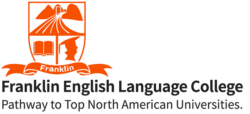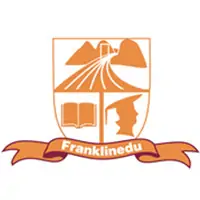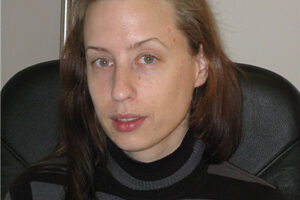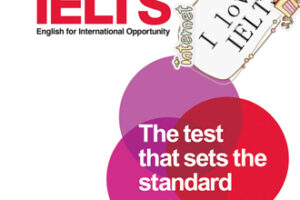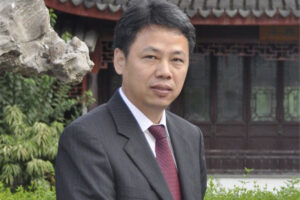FELC is undergoing constant expansion thanks to our unique approach and proven methods
Our Educational Theory
Principal Frank Miao has combined his years of hands-on ESL experience with his in-depth knowledge of modern linguistic education theories to create a complete ESL learning system. FELC’s highly trained and educated faculty is guided by this Cognitive and Communicative Approach.
Our teachers understand that there is more to language acquisition than parroting vocabulary and grammar rules. Our methods work to target and reactivate the innate processes in the brain that are responsible for making second language acquisition so easy for young children.
Cognitive linguistics teaches us that the grammatical formation of words and sentences is inborn and universal. However, these structures get buried in one language as we get older. The key to our success has been guiding students towards recognition of these hidden structures and a full understanding of the production as well as the reception of language.
We encourage the processing and integration of new information, in place of the meaningless repetition that is pursued elsewhere. The rapid improvement of our students is due in part to the fact that their second language is not learned from scratch—a student at our school is never a “beginner” in the true sense of the word!
Our Classroom Methods
Test Preparation Classes
Specialized classes prepare students for language tests in a way that conversation classes cannot. Our students enjoy hours upon hours of guided practice. The result is total familiarity with each task and a sense of confidence. Students have a sense of mastery as they walk in to write the official test.
We provide techniques for successfully navigating TOEFL & IELTS, LPI, LET & EDS, and the New SAT; however, we do not simply teach students how to superficially “win” the test. We also teach them the fundamental skills that will be useful far beyond the test, in their life and work in the English language.
A Solid Academic Foundation
We prepare students for the demands of an academic career in English and give them the tools necessary to shine. While learning the language, students also learn about Biology, Physics, Psychology, Literature, History, Business and many other academic subjects that are meaningful to daily life.
Vocabulary and grammar have meaning within wider intellectual skills. Our students gain a deep understanding of the relationship between words/grammar and ideas. They achieve a sense of the role of language in developing and explaining opinions and interpretations, facts and observations, emotions and desires. They learn how to persuade others and be creative. These skills are all vital to a successful post-secondary North American education. The result is that students are able to forge their own unique paths in the English language.
Creativity
We work hard to foster creativity in our students. Creativity is the ability to imagine and invent something new or unique—but not by creating something out of nothing. Creativity, at heart, is the ability to generate new ideas by analyzing, understanding, changing, combining and reapplying existing ideas.
Creativity is also an attitude. It is the ability to thrive in change and newness, a willingness to play with ideas and possibilities, a flexibility of perspective, an appreciation of what’s good and beautiful in life while continually looking for ways to make the world a better place.
As a result, students approach their self-improvement with a creative edge, tirelessly altering and refining their work, always evaluating the merits of the many possible paths they can take rather than lazily trying to find the “correct” one.
Motivation
One of our primary educational goals is to motivate students. Our teachers share a love of learning with our students. Discussions of academic subjects often lead to lively discussions about human life in culture and society. It is simple: motivated students practice more and integrate learned knowledge better.
Technology
We believe that technology is the future of education. Our classrooms and study areas are equipped with advanced technologies that facilitate the learning process
